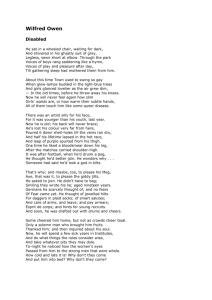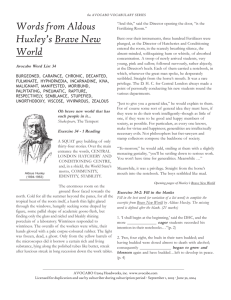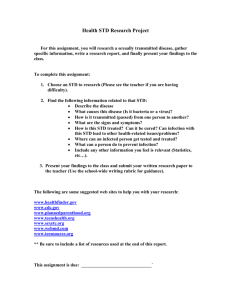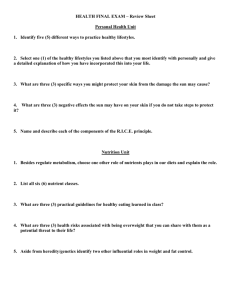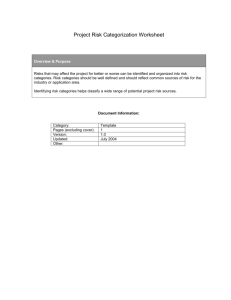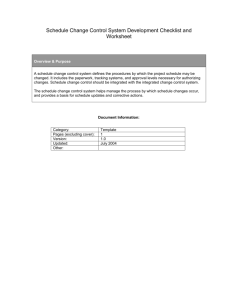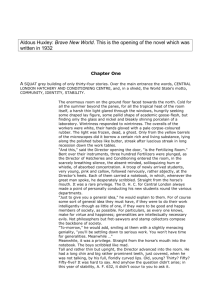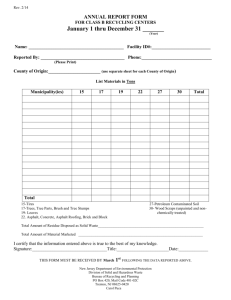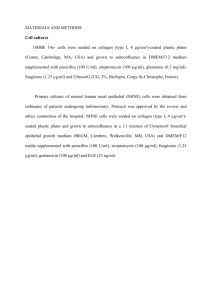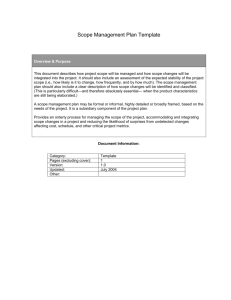Green - budded stumps raised in polybags + Integrated management
advertisement
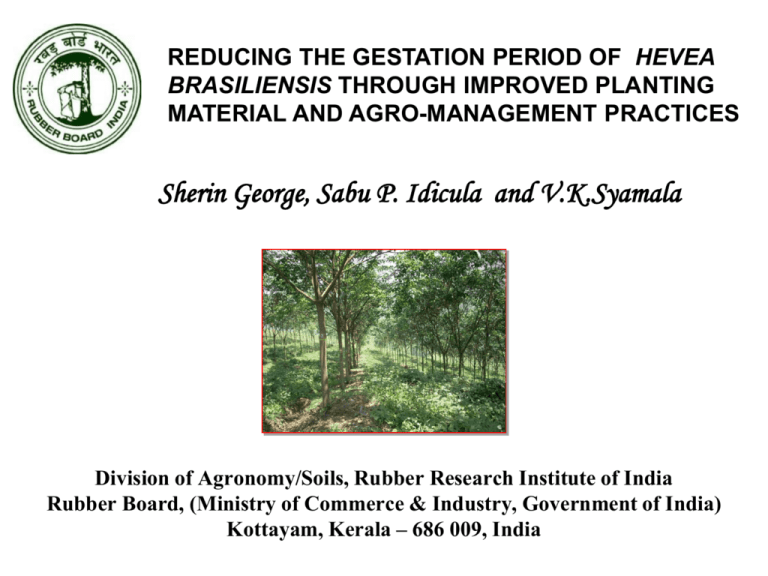
REDUCING THE GESTATION PERIOD OF HEVEA BRASILIENSIS THROUGH IMPROVED PLANTING MATERIAL AND AGRO-MANAGEMENT PRACTICES Sherin George, Sabu P. Idicula and V.K.Syamala Division of Agronomy/Soils, Rubber Research Institute of India Rubber Board, (Ministry of Commerce & Industry, Government of India) Kottayam, Kerala – 686 009, India INTRODUCTION Hevea brasiliensis - A prominent plantation crop of Indian economy Relative share - 8.1% global production 8.9% consumption Kerala - 75% of the national area 89% of NR production (Rubber Board, 2012) Share of small holdings - 93% of the total area 95 % of production INTRODUCTION The lengthy gestation period of rubber is a matter of concern among the rubber farmers, especially smallholders The organized research and development (R&D) efforts to reduce the gestation period of Hevea brasiliensis across the major producing countries during the past six decades have been primarily guided by the twin objectives of achieving an early farm income and savings in the development cost Objective To develop an agronomic package to reduce the immaturity period of Hevea Experiment details Year of Commencement : 2008 Clone Design Replications Location : : : : RRII 105 RBD 3 Central Experiment Station, Chethackal (Traditional rubber growing region) PHYSICO-CHEMICAL PROPERTIES OF THE SOIL Texture pH OC (%) Av.P (mg/100g) Av.K (mg/100g) : : : : : Sandy clay loam 4.83 2.46 1.24 19.33 TREATMENTS Green - budded stumps raised in poly bags Planting material Direct - seeding in polybags followed by green budding Standard practice Management options Integrated Management Integrated Management Enhanced Nutrient Application Application of 10 kg FYM 500 g bone meal 500 g ground nut cake 1.5 times the recommended dose of chemical fertilizers Selective manuring Application of 1.5 times the recommended dose of chemical fertilizers in 3 splits Conservation Oriented Tillage Forking the plant basin Mulching Conservation pits @ 250 per ha Observations Growth Soil nutrient status Leaf nutrient status Soil moisture Bark thickness Disease incidence Results and Discussion LAI as influenced by planting material and agromanagement practices 3 2.5 LAI 2 1.5 1 0.5 0 GSP + SP GSP + IM DSGP + SP DSGP + IM Effect of planting material and agromanagement practices on soil moisture status 25 Soil moisture content (%) 20 15 10 5 0 GS + SP Feb (0-15 cm) GS + IM Feb (15-30 cm) DS GS + SP Mar (0-15 cm) DS GS + IM Mar (15-30 cm) Effect of planting material and agromanagement practices on soil nutrient status OC(%) Av.P mg/kg Av.K mg/kg Green - budded stumps raised in polybags + Std. practice 2.02 8.99 77 Green - budded stumps raised in polybags + Integrated management 2.47 14.29 112.6 Direct seeded green- budded plants + Std. practice 2.11 7.33 78.54 Direct seeded green- budded plants +Integrated management 2.45 13.06 122.10 SE CD 0.07 0.23 2.68 NS 7.5 23.1 TREATMENT Effect of planting material and agromanagement practices on leaf nutrient status TREATMENT Leaf nutrient status(%) N P K Green - budded stumps raised in polybags + Std. practice 2.99 0.18 0.83 Green - budded stumps raised in polybags + Integrated management 3.50 0.18 0.88 3.20 0.18 0.93 Direct seeded green- budded plants +Integrated management 3.44 0.19 1.06 SE CD 0.22 NS 0.004 NS 0.02 0.08 Direct seeded green- budded plants + Std. practice DISEASE SEVERITY Phytophthora leaf fall Phytophthora shoot rot Mild to moderate Colletotrichum leaf disease Effect of agromanagement practices on pink incidence TREATMENT Green - budded stumps raised in polybags + Std. practice Green - budded stumps raised in polybags + Integrated management Direct seeded green- budded plants + Std. practice Direct seeded green- budded plants +Integrated management SE CD Pink incidence (%) 23.04 23.45 24.26 22.19 2.2 NS Disease incidence was not influenced by treatments Effect of planting material and agromanagement practices on bark thickness TREATMENT Green - budded stumps raised in polybags + Std. practice Green - budded stumps raised in polybags + Integrated management Direct seeded green- budded plants + Std. practice Direct seeded green- budded plants +Integrated management SE CD Bark thickness(mm) Dec/13 7.24 7.46 7.32 7.86 0.12 0.39 Effect of planting material and agromanagement practices on growth of rubber TREATMENT Green - budded stumps raised in polybags + Std. practice Green - budded stumps raised in polybags + Integrated management Direct seeded green- budded plants + Std. practice Direct seeded green- budded plants +Integrated management SE CD Girth(cm) Feb/11 Jan/12 Jan/13 Mar/14 20.67 28.14 38.43 48.30 22.01 30.44 41.29 46.88 23.91 31.58 42.28 47.76 26.17 34.10 44.78 50.64 0.21 0.65 0.39 1.16 0.29 0.88 0.45 1.39 EFFECT ON PERCENTAGE TAPPABILITY AS ON 3/11 Percentage tappability TREATMENT Mar,14 Green - budded stumps raised in polybags + Std. practice 19 Green - budded stumps raised in polybags + Integrated management 39 Direct seeded green- budded plants + Std. practice Direct seeded green- budded plants +Integrated management SE CD 53 68 4.1 12.7 Agromanagement practices have a profound influence on growth of rubber CONCLUSION The experiment clearly indicates the feasibility of substantially reducing the immaturity period of rubber through the adoption of improved agromanagement techniques THANK YOU
